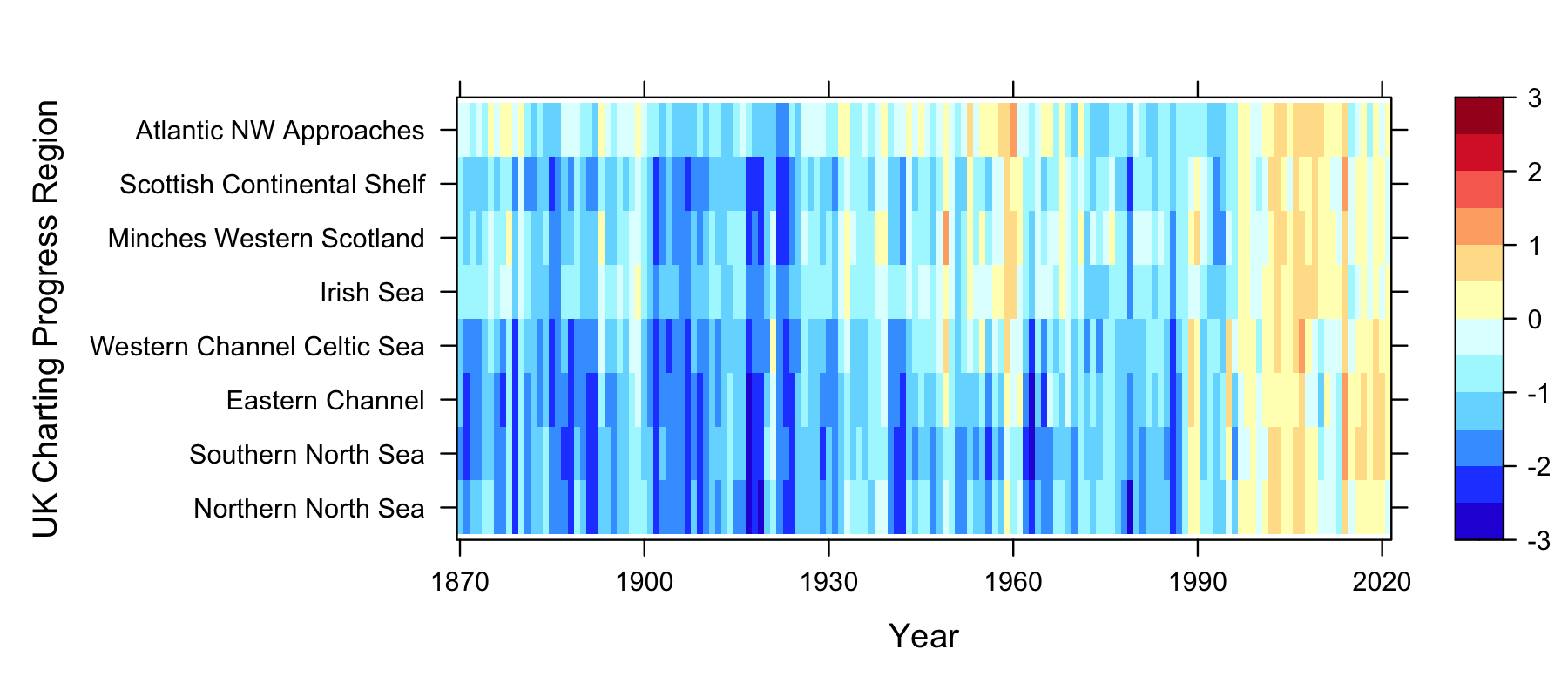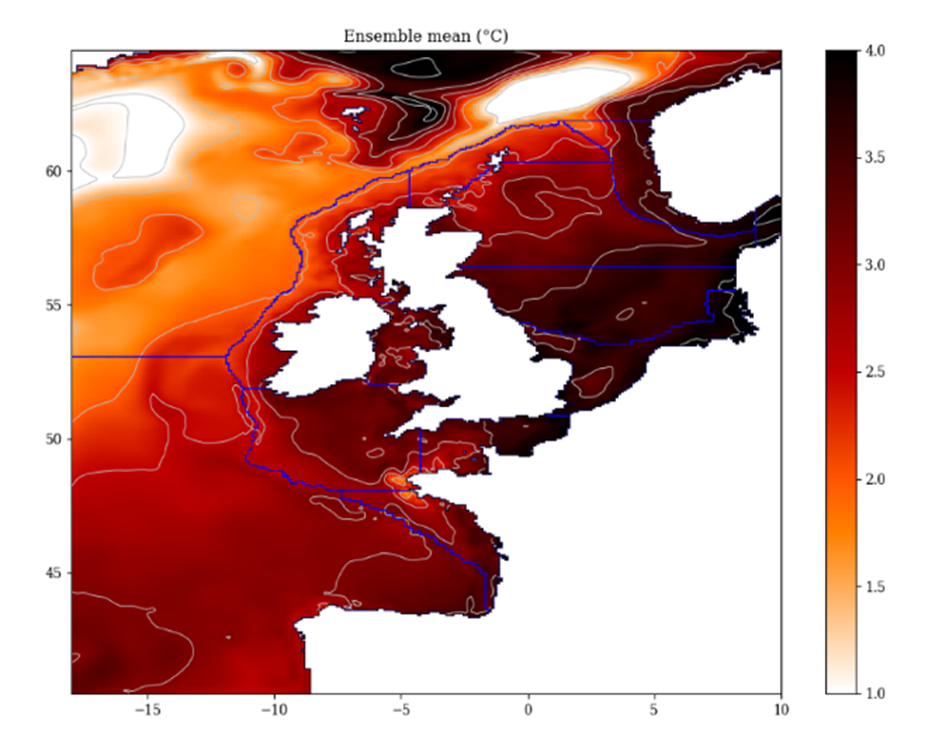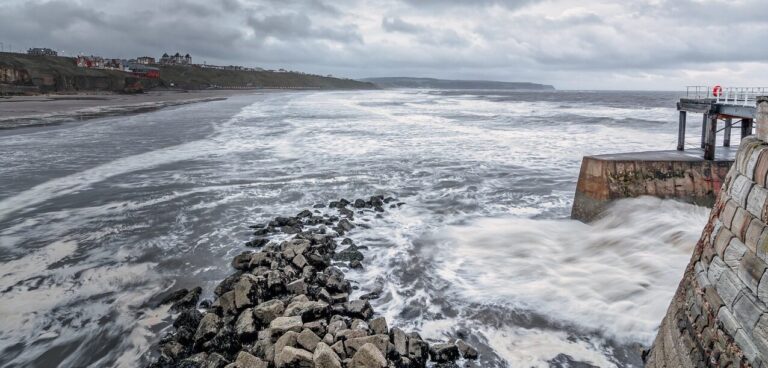Sea surface temperatures around the UK have shown a significant warming trend of around 0.3°C per decade over the last 40 years, according to a new report led by the National Oceanography Centre (NOC).
The UK Marine Climate Change Impacts Partnership (MCCIP) report highlights the regional differences in ocean temperature changes that are being detected. While warming levels were particularly noticeable in the southern North Sea, insignificant sea surface temperature trends were detected to the west of the UK. Research is ongoing to understand this phenomenon but there are indications that lower ocean temperatures in that region may have led to an increase in winter storms across Northwest Europe.
The report also examined the evidence for changes in temperature throughout the water column – a vertical section of water from the surface to the bottom of the sea. Across the southern North Sea significant increases in temperatures close to the bottom of the sea in the autumn have been detected. Changes in the movement and behavior of certain marine species and to overall biodiversity is already being detected in response to these changes in temperature.
A new set of model simulations indicate a continuation of rising sea surface temperatures throughout the 21st century. This means that by 2100, average annual sea surface temperature levels are predicted to rise by 3.11°C, significantly above current conditions under a high-emissions business-as-usual scenario. The North Sea is again set to see the largest increases in both sea surface temperatures and bottom temperatures with the subpolar North Atlantic faring better.
 Dr Richard Cornes, report lead and senior research scientist at NOC, said, “This new report provides an in-depth summary of the current knowledge about past and future changes in temperatures in the seas around the UK. What we have seen shows the potential scale of ocean warming for the remainder of the century. The consequences of warmer seas are wide ranging and understanding the regional differences in warming is now a key research priority.”
Dr Richard Cornes, report lead and senior research scientist at NOC, said, “This new report provides an in-depth summary of the current knowledge about past and future changes in temperatures in the seas around the UK. What we have seen shows the potential scale of ocean warming for the remainder of the century. The consequences of warmer seas are wide ranging and understanding the regional differences in warming is now a key research priority.”
Additionally, the number of marine heat waves experienced in the period 2000-2016 increased by an average of four a year with that number rising to up to six a year in the north of the UK. Marine heat waves are periods of localized, warm sea temperatures that are superimposed on the long-term warming of the upper ocean and can have profound impacts on global marine ecosystems.
The research is part of the wider MCCIP report which demonstrates the effects climate change is having on the UK seas and coastlines. The report is divided into three distinct themes, Ecosystem Change, Societal Impact and Physical Environment, of which this new research is a part. Additional research to the Physical Environment report includes the impact of climate change on storms and waves, ocean circulation and oxygen levels within the ocean. The report will be used to inform guidance on adaptation as well as providing policymakers with the most up-to-date information about temperature changes in UK seas.
To find out more about the work of the MCCIP, click here.




